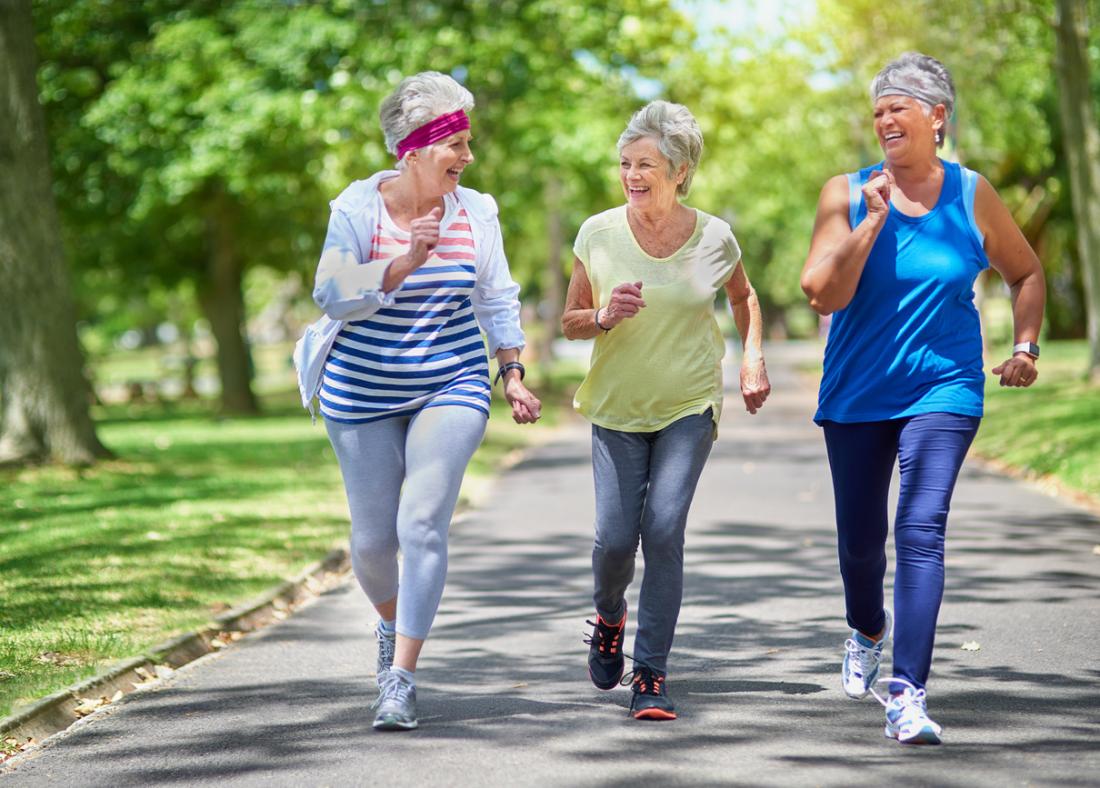Our Health Tips - Tips to Safely Use Walking Aids - Choose PT Statements

4 Easy Facts About Walking Aids - Elderly Fall Prevention Explained

Fortify Your Bones Walking can stop the loss of bone mass for those with osteoporosis, according to Michael A. Schwartz, MD, of Plancher Orthopedics & Sports Medication in New York City. In reality, one study of post-menopausal ladies found that thirty minutes of strolling every day lowered their threat of hip fractures by 40%.
Enjoy a Longer Life Research finds that people who work out regularly in their fifties and sixties are 35% less likely to die over the next 8 years than their non-walking equivalents. That number shoots up to 45% less likely for those who have underlying health conditions. 4. Lighten Your State of mind Walking releases natural painkilling endorphins to the body one of the emotional benefits of workout.

When kids start walking, running, and jumping - BabyCenter
Our Walking and mobility aids - NI Direct PDFs
5. Drop weight A vigorous 30-minute walk burns 200 calories. Gradually, calories burned can result in pounds dropped. 6. Reinforce Muscles Walking tones your leg and abdominal muscles and even arm muscles if you pump them as you stroll. This increases your series of movement, moving the pressure and weight from your joints to your muscles.

SOCIETY :: HEALTH :: WALKING AIDS [2] image - Visual Dictionary Online
Enhance Sleep Researches discovered that women, ages 50 to 75, who took one-hour early morning strolls, were most likely to ease sleeping disorders than women who didn't walk 8. Go Here For the Details of joint cartilage has no direct blood supply. It gets its nutrition from joint fluid that flows as we move.

Brisk walking may help older women live longer
About Walking Programs - Action for Healthy Kids
9. Enhance Your Breath When strolling, your breathing rate increases, causing oxygen to take a trip faster through blood stream, helping to get rid of waste items and enhance your energy level and the ability to recover. 10. Slow Down Mental Decrease A research study of 6,000 females, ages 65 and older, carried out by scientists at the University of California, San Francisco, found that age-related memory decrease was lower in those who strolled more.
5 miles per day had a 17% decline in memory, instead of a 25% decrease in women who strolled less than a half-mile each week. 11. Lower Alzheimer's Risk A study from the University of Virginia Health System in Charlottesville discovered that men in between the ages of 71 and 93 who strolled more than a quarter of a mile daily had half the incidence of dementia and Alzheimer's illness than those who strolled less.
